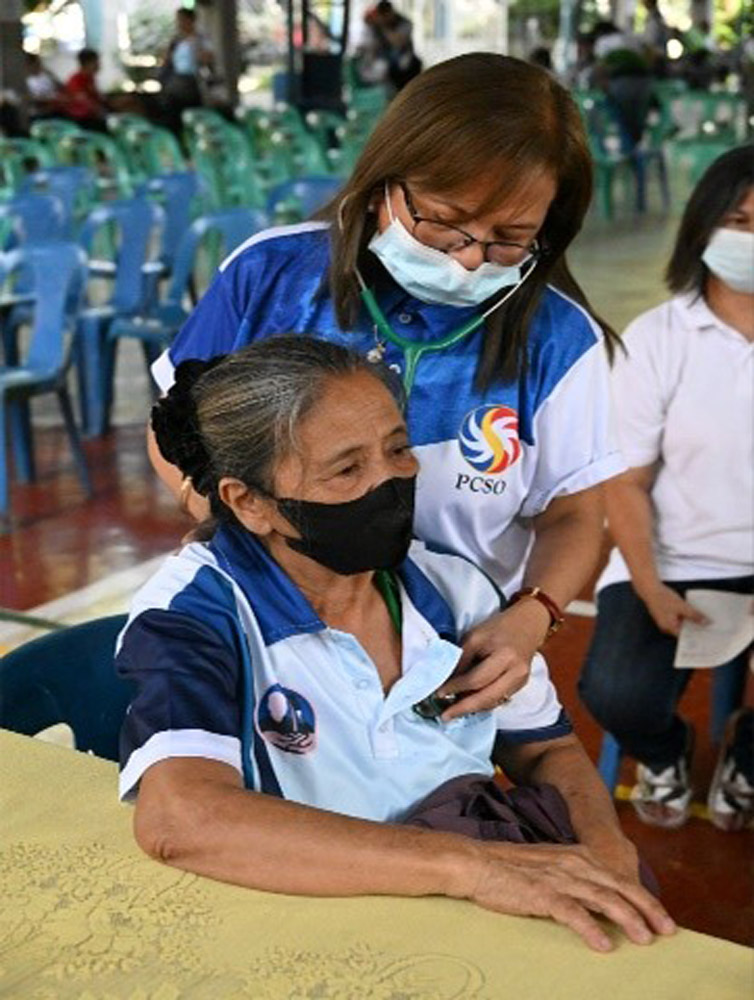CNN Philippines had barely debuted on the air when it stepped into a boiling controversy over the embattled presidency of Benigno “Noynoy” Aquino III, under fire for an attack on Muslim insurgents in which 44 police commandos were killed.
No sooner had a galaxy of CNN names got done plugging this latest member of the CNN empire — they preferred to call it “the CNN family” — than the news and talk shows were full of reports about the sagging popularity of Aquino and his inability to cope with a wide range of problems. Dark hints of “revolution” and “military coup” — as in the old days when his late mother, Corazon Aquino, was ruling the roost after the demise of Ferdinand Marcos in the 1986 “People Power” revolution — were in the air, over the airwaves.
Cory, as she was universally known, managed to survive all coup attempts, but there on a CNN Philippines “Agenda” program was a former defense secretary, Norberto Gonzales, talking up a movement to oust Noynoy well before his six-year term runs out next year. Considering that the Philippine president, under the constitution, for which Cory battled mightily, is limited to a single term, plotting to drive him out of office prematurely would appear a little unnecessary.
Nonetheless, as leader of a “National Transformation Council,” Gonzales judged that “the moral system of our nation has become so bad” that rapid change was needed. “You have an economy that is supposed to be growing and a population suffering in poverty,” he declared. “It is harder to be poor today than before.”
That said, Gonzales stopped a carefully nuanced shade short of calling for a “People Power revolution” of the sort that lofted Cory to the presidency and, in 2001, drove Joseph Estrada from office midway through his term. Rather, he said coyly, “We are calling for People Power support.”
One reason for that turn of phrase was that the public by now may be disillusioned by the idea of coups or even “people power.” While both Estrada and his son, elected a senator, face enormous corruption charges, Estrada’s successor, Gloria Macapagal Arroyo, whom Gonzales served as national security adviser as well as defense secretary, also faces sweeping charges of corruption. Arroyo, who had been vice president under Estrada, served out the remainder of his term, got elected president for another six years — and now is confined under arrest in a hospital.
So far Nonoy Aquino has not been caught up in the web of corruption that often ensnares Philippine politicos, but he’s having trouble explaining away the mass confusion and incompetence on the part of the commanders responsible for ordering a special action force of the national police into battle against Muslim guerrillas on the large southern island of Mindanao on January 25. They may have managed to kill a top guerrilla commander of the Moro Islamic Liberation Front but were surrounded and outgunned by a thousand Moro warriors.
Aquino, more than the leaders of the ill-equipped army and national police, is taking the heat for the massacre.
“As head of state, who is deemed commander-in-chief of the armed forces of the Philippines, Mr. Aquino faces broad public clamor to take responsibility for the fiasco,” wrote veteran commentator Armando Doronilla on the front page of the Philippine Daily Inquirer, one of the leading national newspapers. “He has been washing his hands of responsibility for the bloody outcome of the antiterrorist police action.”
Moreover, Doro added for good measure, “the violent encounter…has pushed a three-month peace process on the comprehensive peace agreement between the government and the MILF, the main secessionist rebel group, on the verge of collapse….”
The timing of the uproar could not have been better for CNN Philippines, which grew out of a deal with a Philippine company, Nine Media Corporation.
“We are thrilled to welcome CNN Philippines to the CNN family,” exulted CNNWorldwide president Jeff Zucker. The deal marked “a significant milestone not only for Nine Media but for Filipinos everywhere,” responded Nine Media chairman Antonio Cabangon-Chua.
Probably only in the Philippines could a newly minted cable news network plunge at once into news and commentary so openly hostile, full of innuendos of revolution, with vague suggestions of military support, against the government in power.
If all the rhetoric sounded like a victory for democracy and free speech, however, it also carried overtones of same-old, same-old — a war of words waged among members of a small super-rich elite long accustomed to feuding and fighting among themselves.
The rise of Corzaon Aquino, after all, represented the revenge of her own super-wealthy family over the Marcos family after 21 years of dictatorial rule by Ferdinand Marcos and the assassination of Cory’s husband, Noynoy’s father. To no one’s surprise, Marcos’ son Bong Bong is now a senator, often mentioned as a possible presidential candidate in 2016 — that is, if Noynoy lasts that long and is not replaced by someone else, perhaps Bong Bong himself.
To the credit of CNN Philippines, the network appears anxious to present both or all sides of the story. Facing Gonzales was a congressman, Niel Tupas Jr., who made the case for forbearance and moderation. “We may not have a perfect system,” he said, but it’s “a government that was elected.” While “the dissent of the National Transformation Council is welcome,” he said, “for the NTC to impose its will — that is unconstitutional.”
Yet another interviewee, Walden Bello, noted author of numerous studies, books and articles criticizing inequities and malfeasance at high levels in the Philippines, told CNN he had had enough. Having once supported Aquino, he said he was resigning from the Philippine Congress as “I can no longer support the president.” (Donald Kirk, Contributor)
Link:http://www.forbes.com/sites/donaldkirk/2015/03/17/cnn-philippines-debuts-with-talk-of-revolt-against-president-aquino/



